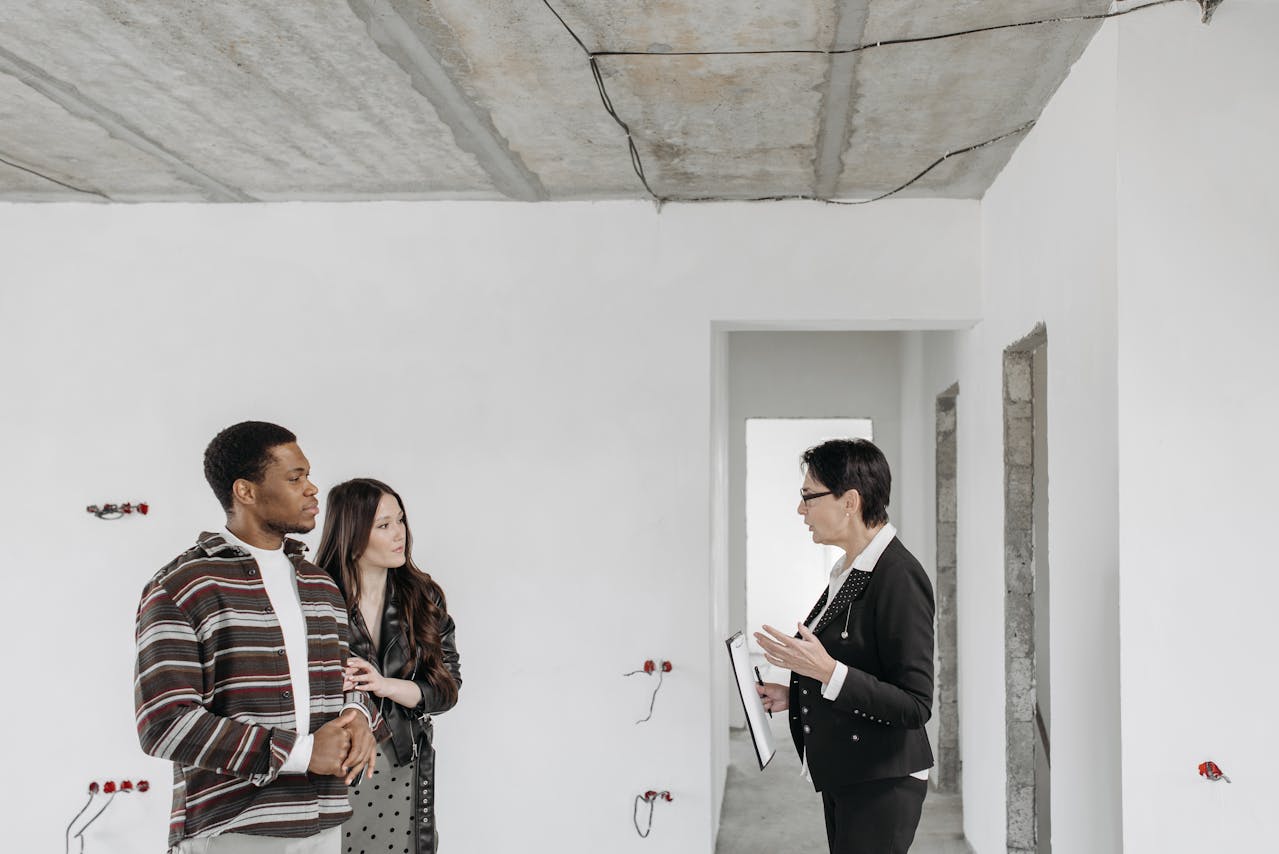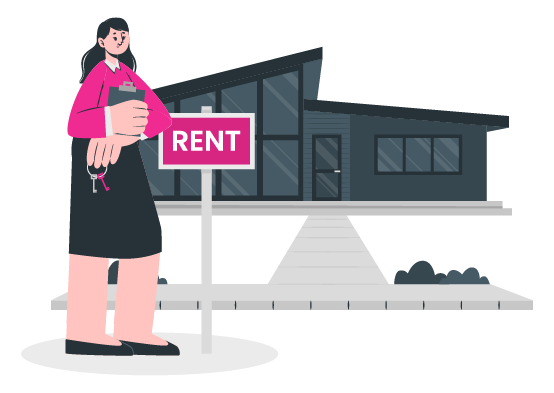Renting out a property in Ireland can be a rewarding venture, but it comes with significant responsibilities. Whether you’re a first-time landlord or have a growing property portfolio, understanding your legal obligations is critical. Overlooking even one requirement could lead to hefty fines, disputes with tenants, or worse legal action.
At FindQo.ie, we support landlords in navigating the rental landscape by providing up-to-date property insights and compliance essentials. In this article, we break down the legal responsibilities every private landlord must know in Ireland, helping you manage your property smoothly and with confidence.
Understanding the Role of a Private Landlord in Ireland
Being a landlord is more than just collecting rent it’s a legal commitment. The Residential Tenancies Act sets out a wide range of duties that landlords must fulfil. These include everything from registering tenancies to ensuring the property meets safety standards.
If you’re letting property privately, whether it’s an apartment in Dublin or a semi-detached home in Cork, these rules apply to you. And they’re not optional.
With stricter enforcement from the Residential Tenancies Board (RTB), staying informed has never been more important. Fortunately, platforms like FindQo.ie not only connect landlords with tenants, but also provide access to the knowledge needed to stay compliant.
Registration with the Residential Tenancies Board (RTB)
One of the first legal responsibilities every private landlord must know is registration with the RTB. All private residential tenancies must be registered within one month of the tenancy beginning. Failure to do so can lead to fines and loss of legal protection if disputes arise.
Every time a tenancy changes even if it’s the same property you need to re-register. This process also involves a small fee, and registration now lasts for a defined four-year cycle. Keep records of this process and ensure that all information submitted is accurate.
Minimum Standards for Rental Accommodation
Every rental property in Ireland must meet the minimum standards outlined in housing regulations. These cover a range of issues including:
- Proper ventilation and lighting
- Adequate heating
- Safe electricity and gas systems
- Access to clean water and proper sanitation
- Fixed heating appliances in every room
These requirements are legally binding, and local authorities conduct inspections. If your property fails an inspection, you could face improvement notices or prohibition orders.
To stay ahead, use FindQo.ie to access property maintenance resources and service providers who can help you upgrade your rental home to meet all standards.
Providing a Written Tenancy Agreement
While verbal agreements are legally binding in Ireland, a written tenancy agreement is strongly recommended. This document should clearly state:
- The duration of the lease
- The monthly rent and how it will be paid
- Notice periods required for ending the lease
- Responsibilities for repairs and maintenance
Having a written record protects both you and the tenant if disputes occur. It also clarifies rights, especially around rent reviews or deposit deductions. Templates can be sourced from reputable agencies or created with legal advice.
Handling Tenants’ Deposits and Rent Reviews
Tenants’ deposits are subject to strict rules. You cannot deduct money without proper cause, and you must return it promptly once the tenancy ends minus any agreed damages or unpaid rent.
Additionally, rent reviews must follow legal guidelines. You can only increase the rent once every 12 months (or every 24 months in Rent Pressure Zones), and you must provide at least 90 days’ notice. Increases must be justified by market comparisons and clearly documented.
At FindQo.ie, our landlord tools help you benchmark rents in your area so you stay in line with market trends and legal limits.
Ensuring Fire and Building Safety Compliance
Another key legal responsibility every private landlord must know is maintaining fire safety. This includes providing smoke alarms, fire blankets, and in some cases, fire doors or extinguishers especially in multi-unit buildings.
Gas boilers must be serviced annually, and any electrical work must comply with national safety standards. Landlords should also ensure that windows and escape routes are accessible and secure.
Neglecting these responsibilities puts lives at risk and opens you to legal consequences.
Notice Periods and Ending a Tenancy

Ending a tenancy comes with its own legal process. You must give the correct notice period based on how long the tenant has lived in the property. These range from 90 to 224 days or more.
You also need to provide a valid reason if the tenancy is longer than six months such as selling the property, requiring it for personal use, or major refurbishment.
Incorrectly ending a tenancy could result in your notice being invalidated by the RTB. That’s why staying up to date is essential. Check FindQo.ie regularly for legislative updates and property advice.
Data Protection and Privacy
Under GDPR, landlords must handle tenants’ personal data responsibly. This includes rental applications, ID copies, PPS numbers and more. Data should only be collected for legitimate purposes and must be stored securely.
You should also avoid unnecessary intrusion into the tenant’s privacy. Property inspections must be agreed upon in advance, with proper notice given. Respecting your tenants’ rights builds trust and helps avoid legal pitfalls.
Insurance and Liability
While not legally required, landlords should always take out appropriate landlord insurance. Standard home insurance typically doesn’t cover rental risks like tenant damage, rent loss, or liability claims.
Additionally, as a landlord, you could be held responsible for accidents caused by unsafe property conditions. Investing in proper insurance is not just wise it’s peace of mind.
Stay Legal, Stay Smart
Owning and renting property is a major responsibility. But when you understand the legal responsibilities every private landlord must know, you can navigate the rental market with confidence. From tenancy registration to safety standards and proper communication, being proactive protects your investment and your reputation.

